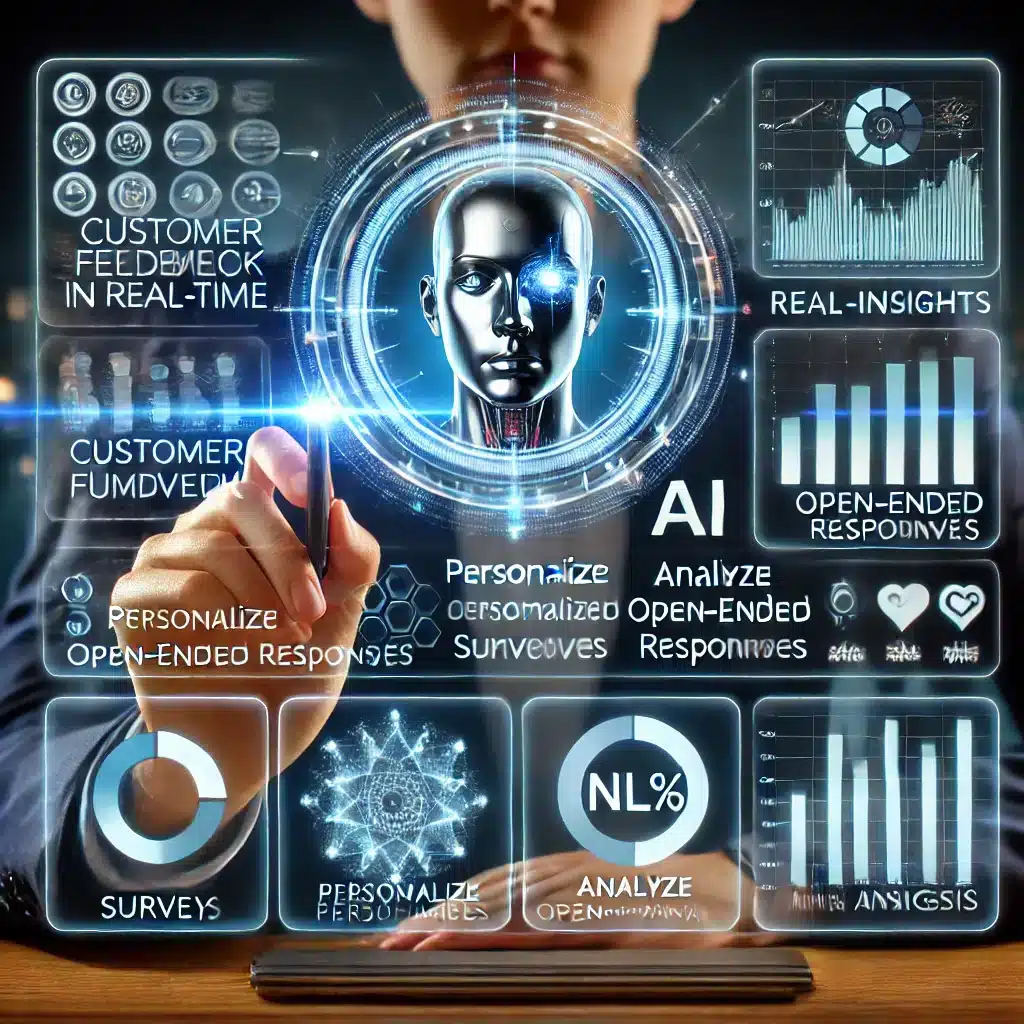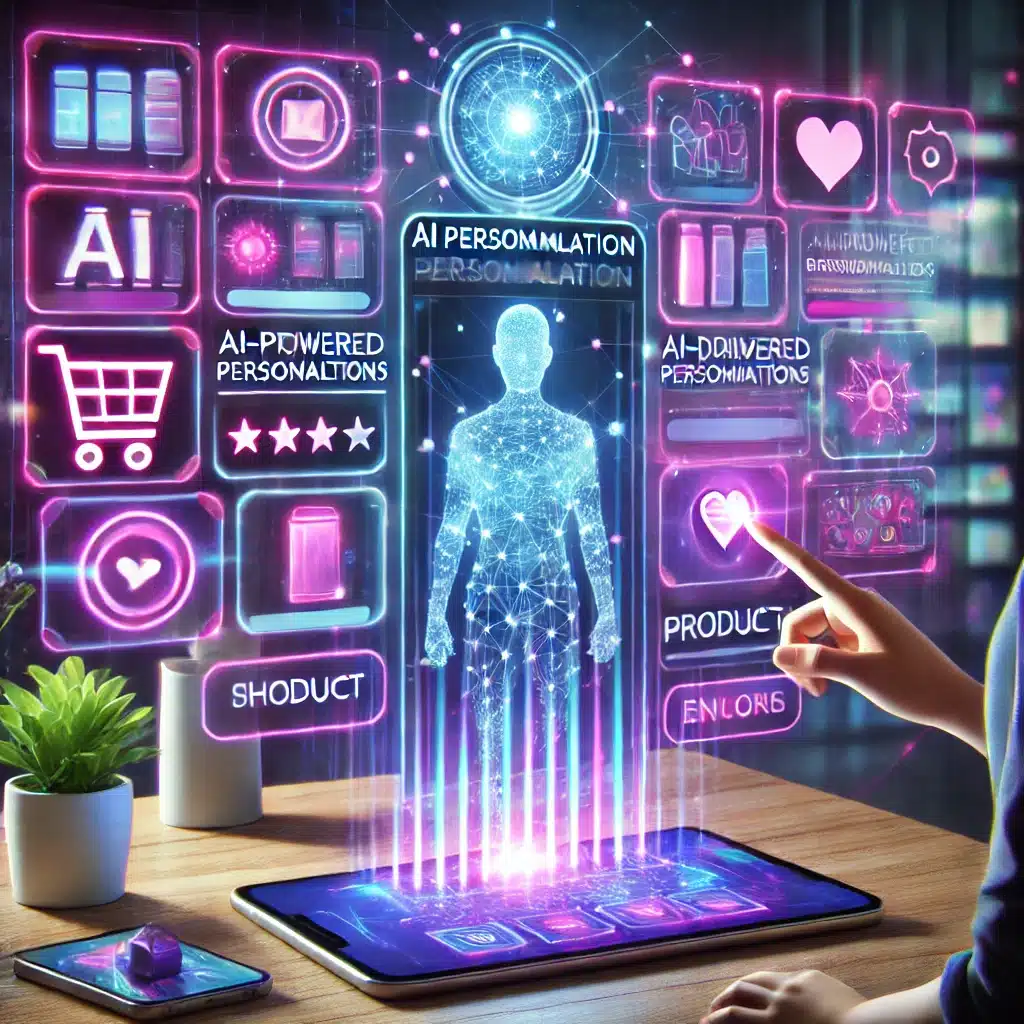Introduction to Hybrid Models in the Automotive Industry
Hybrid models have become a central focus in the automotive industry. As technology advances, AI is playing a critical role in shaping business strategies. Notably, the industry is pivoting towards sustainable, efficient, and customer-centric solutions.
The Impact of AI on Automotive Strategies
AI impacts automotive strategies in several ways. For instance, it enhances vehicle design, optimizes manufacturing processes, and improves customer experiences. AI’s ability to analyze massive data sets provides valuable insights.
Enhancing Vehicle Design
AI algorithms predict consumer preferences. Consequently, manufacturers can design vehicles that exceed customer expectations. Additionally, AI-driven simulations help improve safety and performance.
Optimizing Manufacturing Processes
AI optimizes production lines, reducing waste and increasing efficiency. Robots equipped with AI can perform precise tasks, improving quality control. Moreover, AI helps in predictive maintenance, minimizing downtime.
Improving Customer Experiences
AI-driven insights allow for personalized customer interactions. For example, chatbots provide instant support, enhancing customer satisfaction. Furthermore, AI helps in developing advanced driver-assistance systems (ADAS).
Case Studies and Real-World Applications
Many companies leverage AI to stay competitive. For example, Tesla uses AI for its self-driving technology, while Toyota focuses on AI-driven robotics. Similarly, Honda integrates AI for safety enhancements.
Challenges and Future Prospects
Despite significant advancements, challenges remain. However, the potential benefits of AI in hybrid models are immense. The future looks promising, with continuous innovations expected.
Addressing Challenges
There are privacy concerns and the need for robust cybersecurity measures. Nevertheless, with ongoing research, these issues can be mitigated.
Future Innovations
AI will continue to revolutionize automotive strategies. For instance, advancements in machine learning and neural networks will lead to smarter, more autonomous vehicles. Additionally, the integration of AI with IoT will offer unprecedented levels of connectivity and intelligence.
Conclusion
In conclusion, AI is undeniably shaping the future of hybrid models in the automotive industry. Consequently, businesses must adapt to these technological advancements to remain competitive. The journey is filled with challenges, yet the opportunities are vast and transformative. The future of automotive business strategies will be defined by how effectively companies leverage AI.



